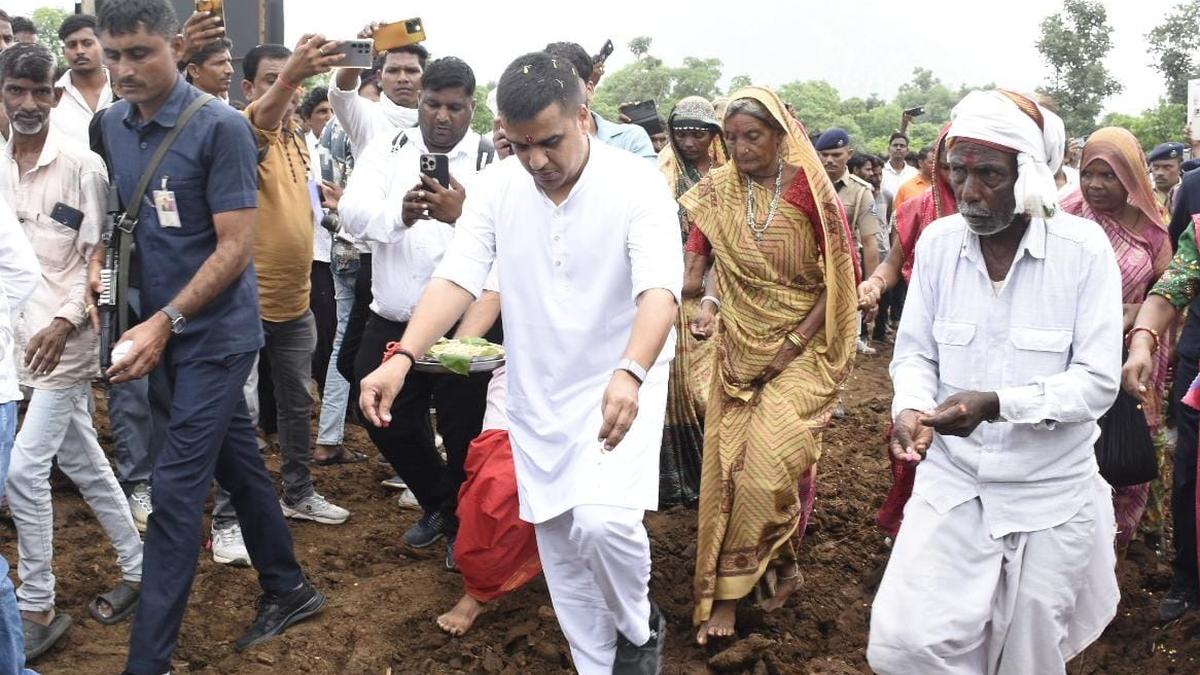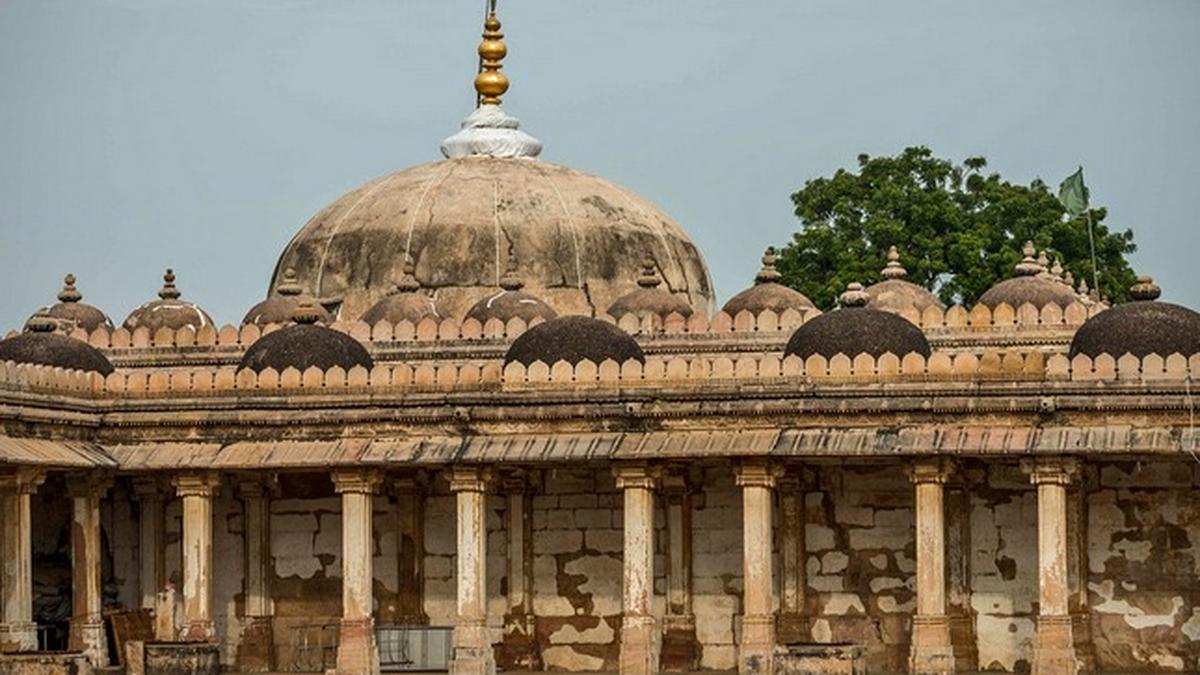Now Reading: Tribal Families Return Home After Decade-Long Exile in Gujarat
-
01
Tribal Families Return Home After Decade-Long Exile in Gujarat
Tribal Families Return Home After Decade-Long Exile in Gujarat

Speedy Summary
- Event Details: 29 tribal families from the Kodarvi community ceremoniously returned to their ancestral village, Mota pippodra, in Banaskantha’s Danta taluka on July 17, 2025.
- Background: The families had left the village 12 years ago due to chadotaru, a tribal vendetta custom.
- Facilitators: The Banaskantha police,local management,and community leaders collaborated to facilitate their return through reconciliation.
- Celebrations & Support:
– Rituals included symbolic housewarming ceremonies and maize seed sowing for fresh beginnings.
– The returning families were welcomed with tilak ceremonies and provided rations, educational kits, wheelchairs (where needed), and certificates of appreciation.
- Resettlement Efforts:
– Each family was resettled on their legally-owned land spanning 8.5 hectares after it was cleared and levelled by authorities.- Two homes have been constructed; permanent housing is being developed under the Pradhan Mantri Awas Yojana with assistance from voluntary organizations for infrastructure support.
- statements:
– Gujarat’s Minister of State for Home Harsh Sanghavi called this event “historic” for tribal progress in india. He emphasized unity over hatred and praised elders’ role in restoring harmony.
Indian Opinion Analysis
The return of Kodarvi families represents a significant societal shift aimed at addressing long-standing issues within tribal communities. This initiative marks a commendable effort toward eliminating regressive customs like Chadotaru while promoting peace-building measures through dialog rather than conflict. By clearing ancestral land and ensuring lasting housing plans under government schemes such as Pradhan Mantri Awas Yojana, authorities have prioritized dignity alongside material support.
The collaboration between law enforcement agencies, community leaders, local volunteers, and government entities reflects how integrated efforts can resolve deep-rooted social challenges effectively. While this success could serve as a model across India for addressing similar conflicts within marginalized groups or displaced populations, continuous monitoring will be crucial to ensure sustainability in livelihood generation alongside infrastructure projects.
This re-settlement effort combines tradition with modernity-ritual-based cultural inclusion paired with practical steps like land cultivation-to lay foundations not only for individual prosperity but also collective unity among tribes historically divided by custom-driven animosity.
Read more at The Hindu.























